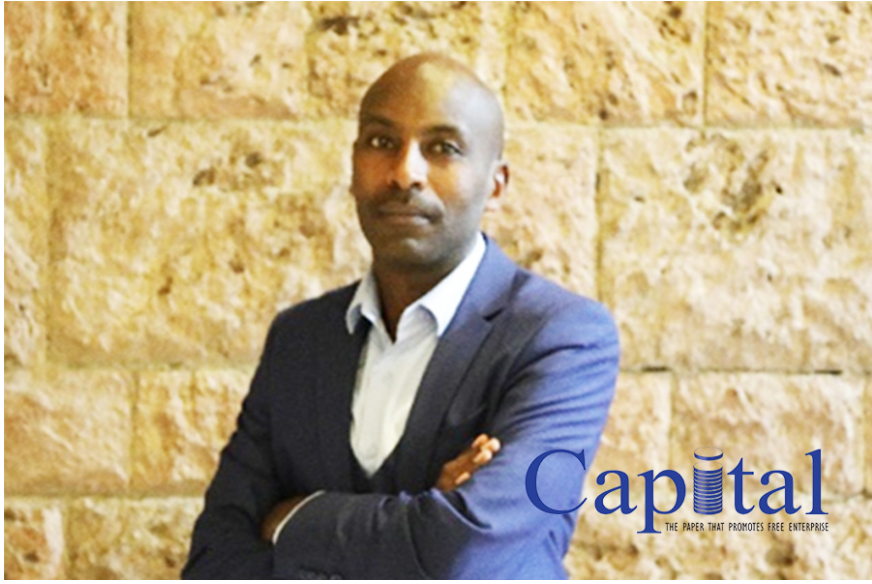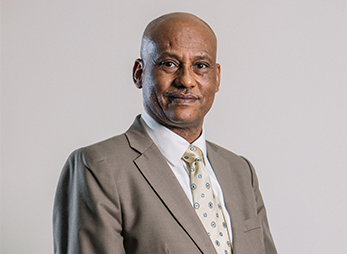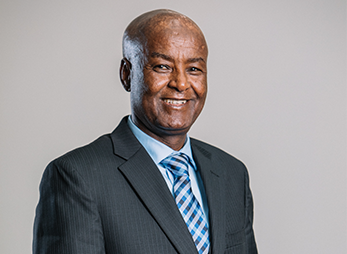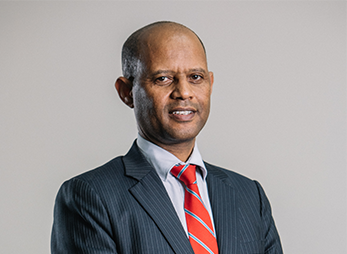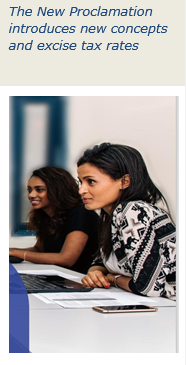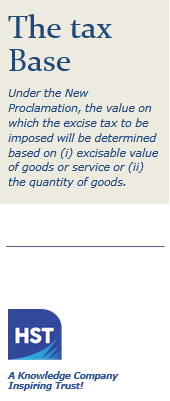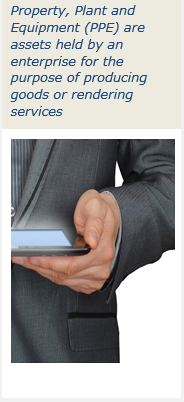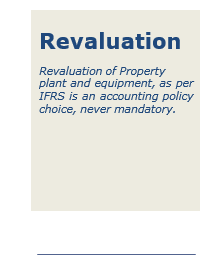Ethiopian National Accounting Day- my reflection
- Web Master
- News
- Hits: 5974
|
By Gobeze Dessalegn, FCCA Director, HST |
|
Preface It was a pleasure participating in the 1st National Accounting Day Conference at Sky Light Hotel on Friday 11th February 2022, co-organized by Accounting and Auditing Board of Ethiopia (AABE) and ACCA Ethiopia office. More than 500 accounting and auditing professionals from multitude of sectors and government organs participated. It has brought together so many professionals not only to discuss on variety of burning accounting issues, but also to socialize and meet long forgotten friends. Among issues discussed at the Conference by different panel groups include:
The contribution and comments of the participants were also worth noting. Despite of all these, my mind started reeling away, thinking and re-thinking that something crucial and, which I think is, the primary problem of the accounting profession was left unsaid/unmentioned; the issue of users of Audited Financial Statements (AFSs); the fact that we do not really have users who read, understand, and rely on the AFS to make informed business decisions. As per IFRS Conceptual Framework, primary users of financial statements are existing and potential investors and lenders; providers of equity and/or loan finances. Others who use financial statements, including management, employees, regulators, governments organs (including tax authorities) are classified as secondary users. The problem in Ethiopia is that we do not practically have both categories of users. Readers of this article, particularly those out of the accounting profession might, probably rightly, wonder what I’m talking about. In a country where thousands and thousands of accountants are crunching numbers every day and thousands of reports are issued every year (most audited by external auditors), I understand if they are perplexed. The Primary Users
|
|
The Secondary Users
Hence, no practical use. These all boil down to the fact that if there are no users of AFS in the real sense, no matter how many accountants & auditors crunch numbers every day, whether we talk all days about accounting and auditing standards, professional ethics and regulation in Ethiopia, I doubt if we can move the profession an iota of step forward. What for if managements, regulators, lenders and taxing authorities just file the reports irrespective of who prepared and/or audited them; if investors are not interested in improving investment decisions? Why should we be surprised if a sole practitioner, as one panelist said, issue 100 audit reports in 3 months, disregarding all ethical and regulatory requirements? What would AABE do in this case? Cancel the license? No guarantee that he/she will not be replaced by a worse practitioner with new license. Why did many of us looked down to the ground when one participant commented that audits (normally involving many teams and processes) are performed with fees of 5,000 and 10,000 ETB, despite of the sky-rocketing inflation? In this regard, let me share to the readers a personal story. I had a client and we begun the audit at fee of ETB 15,000. Every year, he comes and complains about his business not doing well. The fee started dwindling until we reached 9,000 after 3 or 4 years when, after pocketing the agreement, he smiled and said to me ‘hey, does this mean you are going to audit for me freely after few years?’ I smiled back, as it was supposed to be a joke, but my stomach was churning like hell. That was one of turning points in my professional career. Conclusion Although issue of users of AFSs, I believe, is the major challenges of the accounting profession in Ethiopia, particularly for those in external audit service, the fact of the matter is that I don’t have solution to suggest. I only hope that time will resolve it and it will not be too long. I hope that new generation of investors beyond the usual kiosk/family shop owners will come and evaluate their investments, existing & potential, from long-term perspective considering the investees financial performance, position and cash flows. I hope that our bankers will appreciate the past financial results and future business potential of borrowers, rather than running after the physical buildings and machines. I hope that time will come when Revenue Authorities identify, evaluate and accredit potential external auditors and rely on their reports. Then, only then, we may see light on the horizon. |






